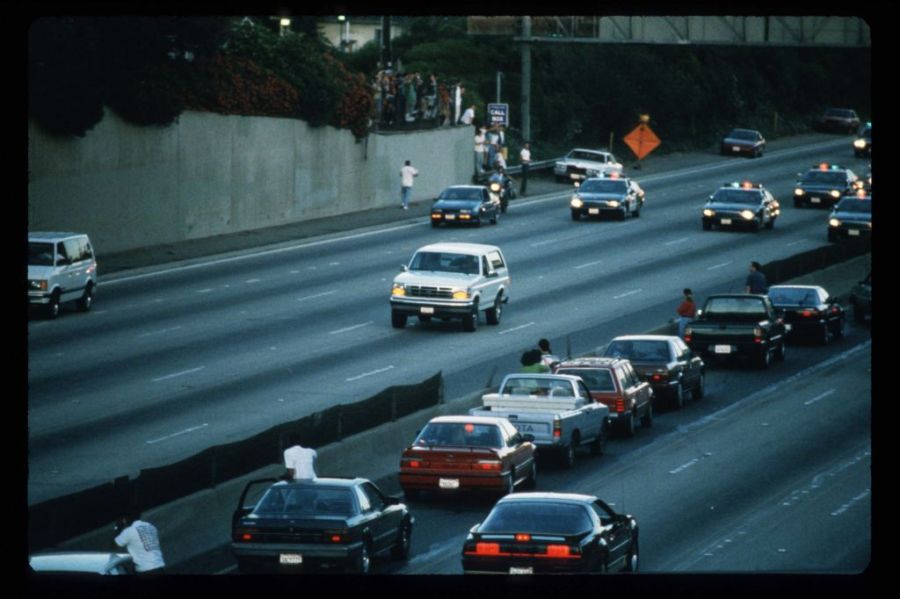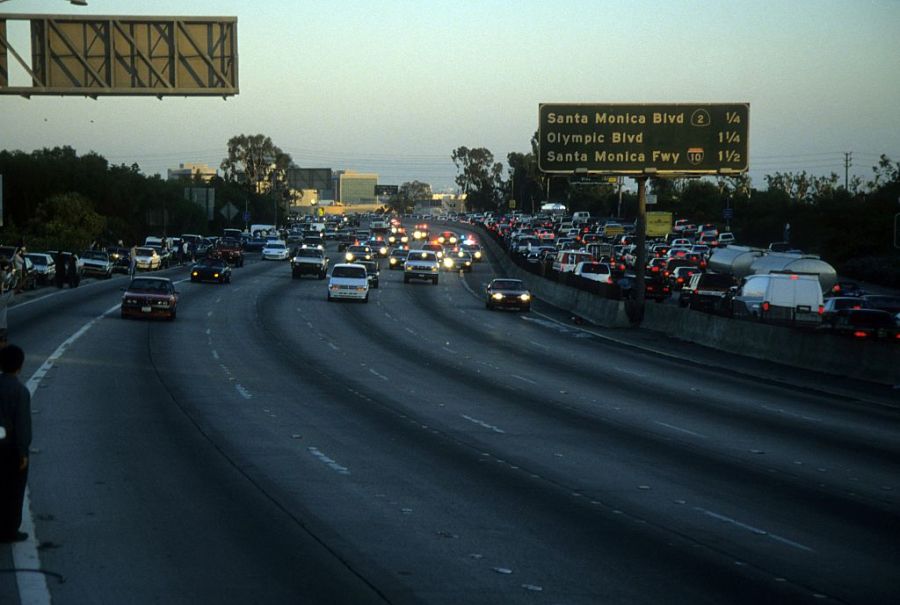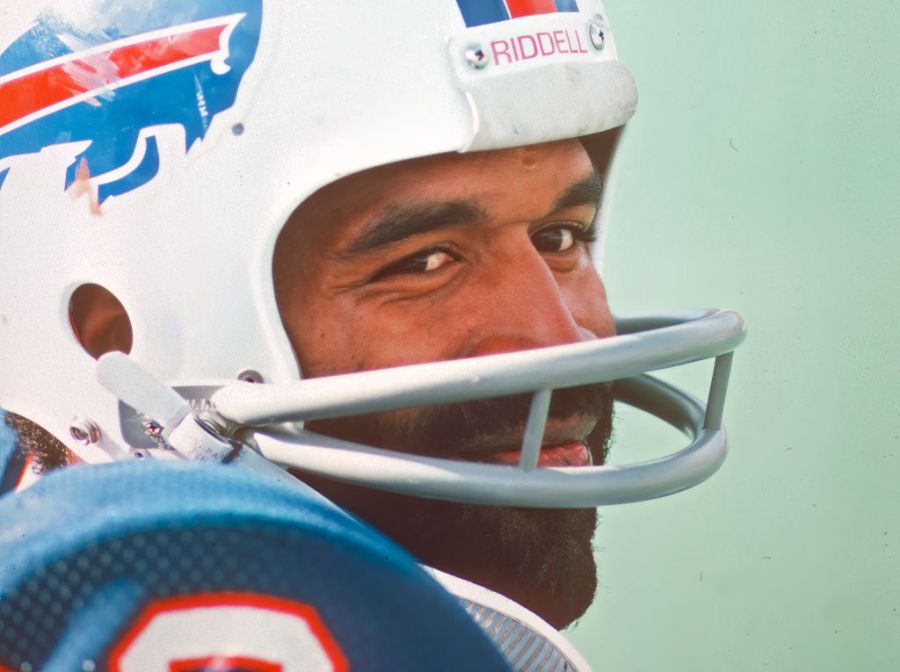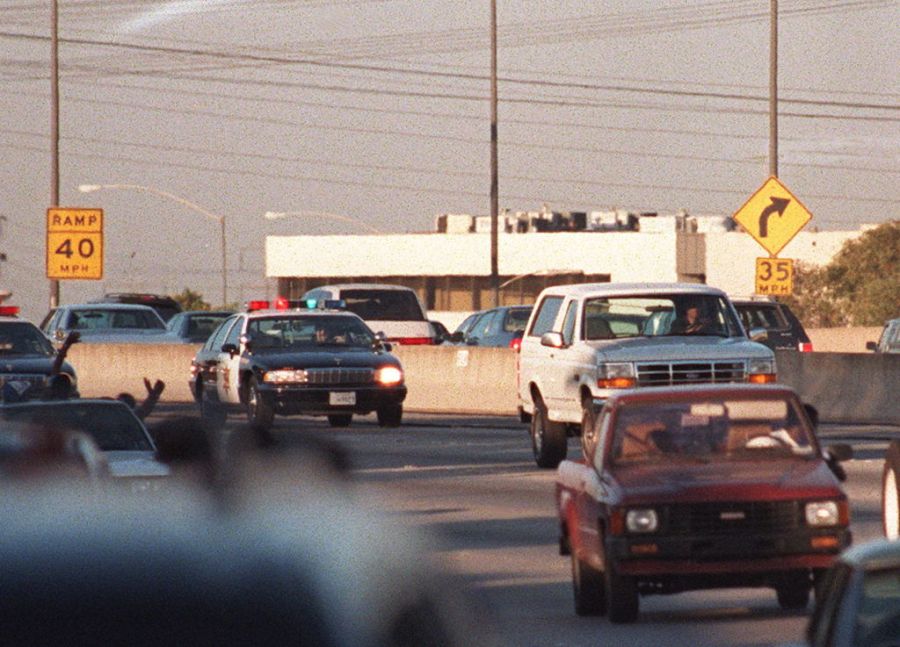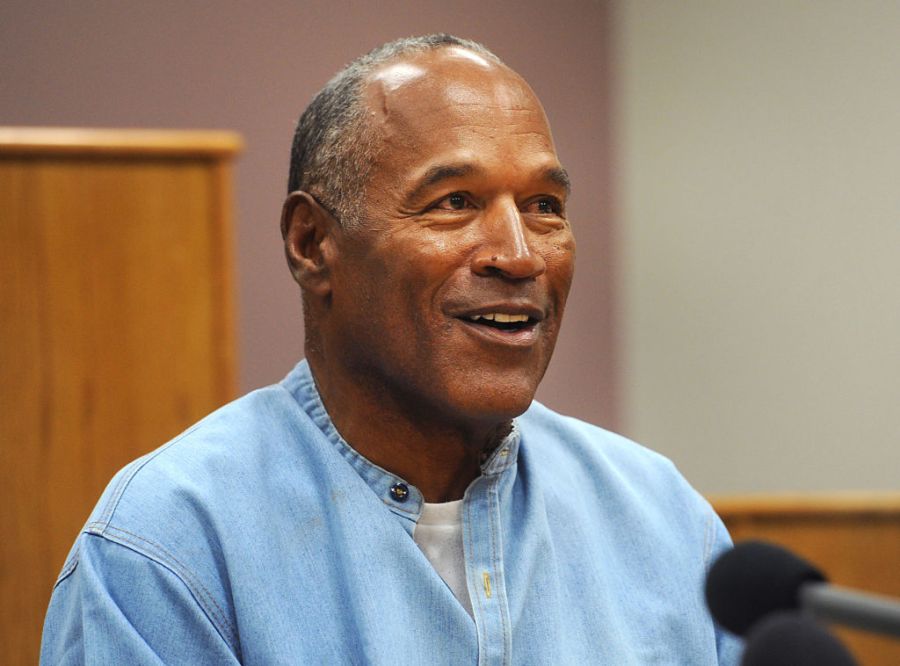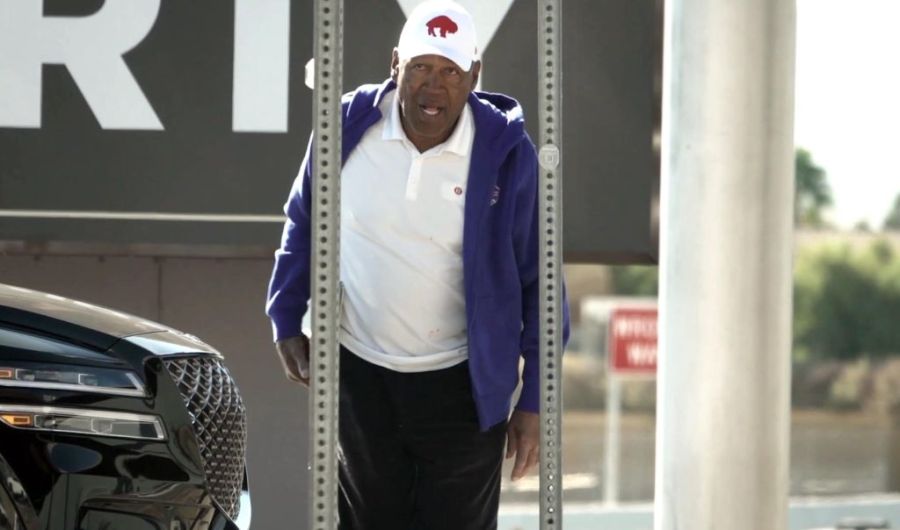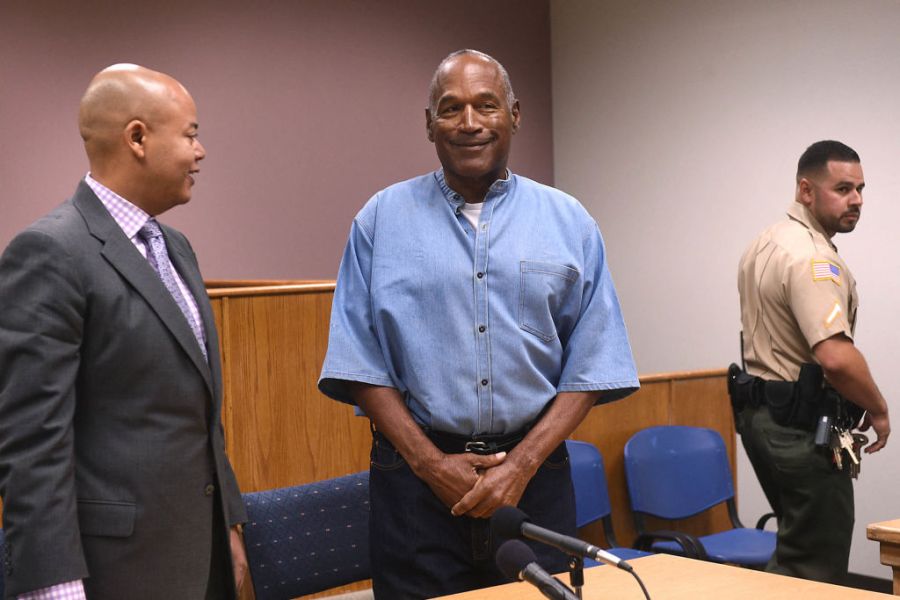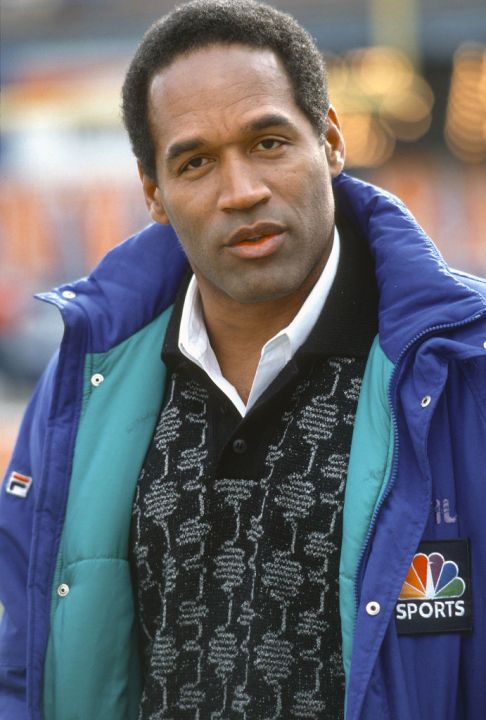OJ Simpson dead of cancer at 76
- The football player won Heisman in college, played 11 years in the NFL
- Simpson was acquitted in a criminal trial but found liable in a civil trial
- Simpson was infamously charged with the deaths of his ex-wife and a friend
(NewsNation) — The family of former NFL player O.J. Simpson announced he died from cancer Wednesday surrounded by his children and grandchildren.
In a tweet Feb. 9, Simpson said he had health challenges but indicated he was recovering.
“My health is good. I mean, obviously, I’m dealing with some issues, but hey, I think I’m just about over it, and I’ll be back on that golf course hopefully in a couple of weeks!” he later said.
Orenthal James Simpson, also known as “The Juice” on the field, was an award-winning football player who spent 11 seasons in the NFL. However, his athletic success was overshadowed by accusations he killed his ex-wife, Nicole Brown Simpson, and her friend, Ron Goldman.
Simpson was acquitted of the killings in a criminal trial but found liable for them in a civil suit. He later spent time in prison after being charged with armed robbery and kidnapping in Las Vegas.
In a statement, the family of Ron Goldman said Simpson ‘died without penance.’ Marcia Clark, who prosecuted Simpson in the criminal trial, expressed her condolences to the Simpson family.
Born in 1947 and raised in San Francisco, Simpson played college football for the University of Southern California Trojans, winning the Heisman Trophy his senior year. He was a first-round draft pick for the Buffalo Bills, breaking records and winning the MVP Award in 1973. He later played for the San Francisco 49ers and retired after 11 seasons. After retiring, he pursued an acting career.
OJ Simpson murder trial
In 1994, Nicole Brown Simpson, O.J. Simpson’s second wife, and Goldman were found stabbed to death outside her condo in Brentwood, a Los Angeles suburb. O.J. Simpson, who had previously pled no contest to domestic violence charges against Brown, was identified by police as a person of interest early on.
Days later, Simpson told police he would turn himself in after a warrant was issued for his arrest. However, he led police on a low-speed chase through Los Angeles in a white Ford Bronco, which was driven by friend Al Cowlings. The chase was broadcast live on national television.
Simpson’s trial for the murders of Brown and Goldman came during a period of significant racial tension in the Los Angeles area, coming just a few years after the beating of Rodney King sparked riots. Due to Simpson’s fame, the trial attracted major media attention, with witnesses and other participants being offered large amounts of money to share their stories.
In court, the prosecution submitted evidence of a history of domestic violence by Simpson, including a 911 call and several letters Brown wrote and put in a safety deposit box for safekeeping. They put forth the theory that Simpson went to her condo to try to convince her to reconcile, became enraged and killed her. Goldman was later killed after arriving at the home to return a pair of glasses.
Simpson’s defense team, which included Johnnie Cochran, Robert Kardashian and Alan Dershowitz, argued that the case was corrupt and evidence was compromised by police. In addition to suggesting the evidence had been contaminated, Simpson’s lawyers suggested police were trying to frame him and specifically focused on racist remarks made by LAPD officers, particularly detective Mark Fuhrman, involved in the investigation.
After deliberations, jurors acquitted Simpson. The verdict sparked a massive public response, with reactions split along racial lines. A significant percentage of the Black community polled said the verdict was just, while white and Hispanic Americans believed Simpson was guilty.
OJ Simpson’s post-acquittal life
Family members of Goldman and Brown brought a civil suit against Simpson for wrongful death. A jury found him liable and awarded $33.5 million in damages to the families.
Simpson declared bankruptcy after the civil trial, and many of his belongings, including his Heisman Trophy, were auctioned off to get money for the families. In 2007, he wrote a book called “If I Did It,” which some interpreted as a confession of guilt. The proceeds of that book were awarded to Goldman’s family.
Simpson faced additional legal troubles, including a tax lien for millions in unpaid taxes in California and various charges in Florida, including battery for a traffic dispute, using illegal electronics to pirate TV signals and speeding through a protected manatee zone in a boat.
In 2008, Simpson was tried in Las Vegas for kidnapping and armed burglary after a group of men went into a hotel and casino and stole sports memorabilia at gunpoint. Simpson claimed the items had been stolen from him. He was sentenced to 33 years in prison.
Simpson was granted parole in 2013. Even decades after the murder trial, his story continued to be a source of fascination and prompted numerous films and television specials.





